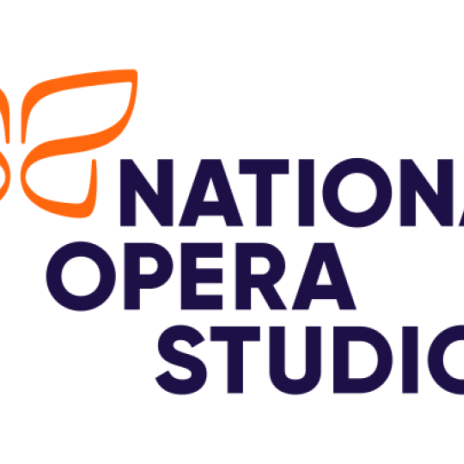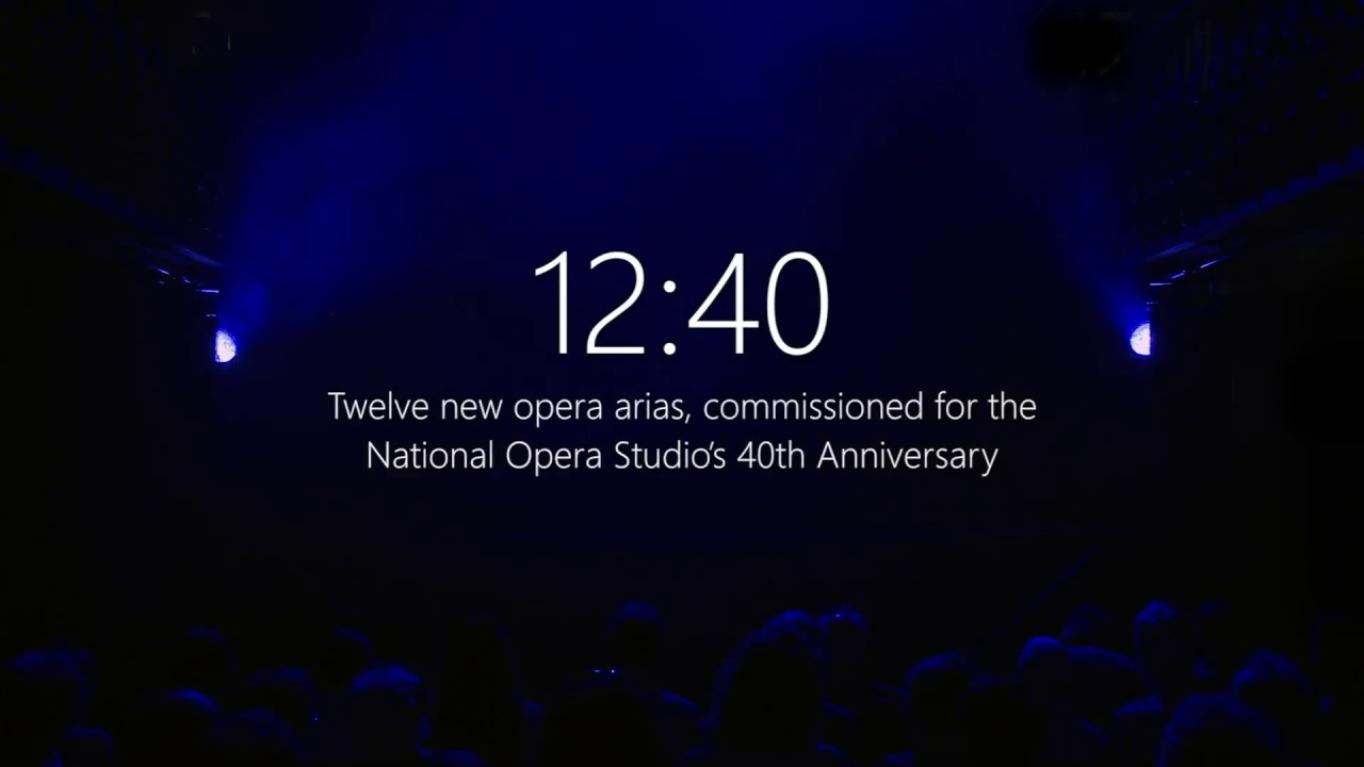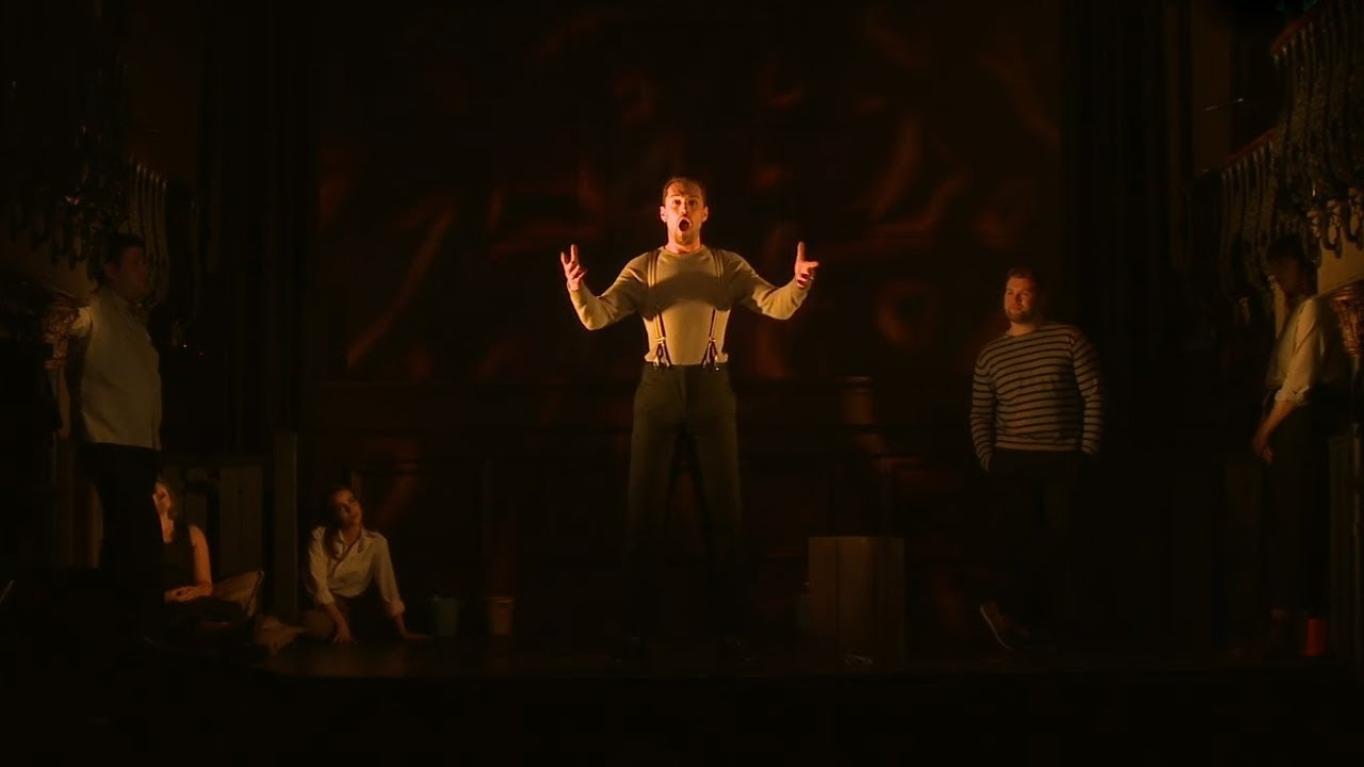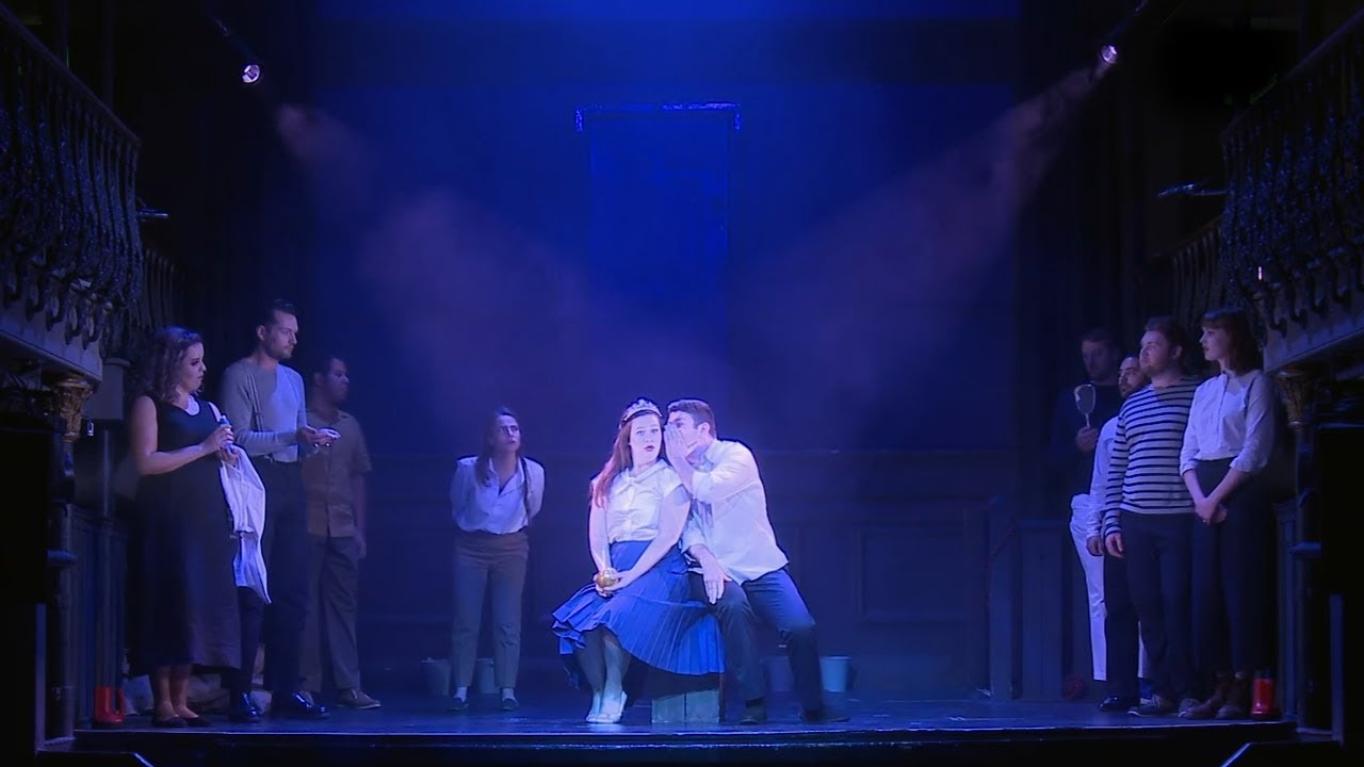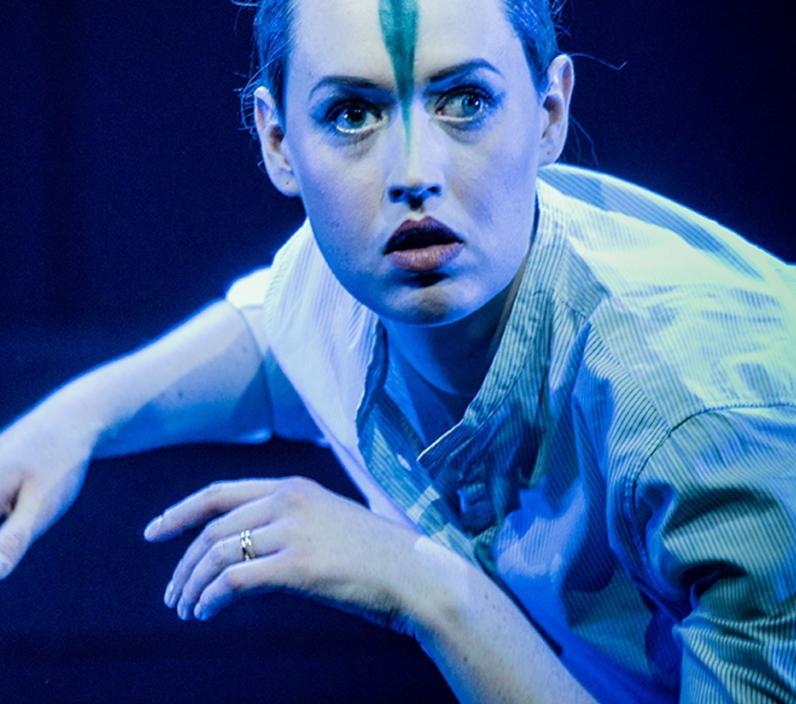

12:40
Twelve new opera arias, commissioned for the National Opera Studio's 40th Anniversary
Based near the River Wandle in the London Borough of Wandsworth, the National Opera Studio exists to train talented young musicians to become the leading artists of their generation. It was founded in 1978 following an Arts Council report into opera in the United Kingdom that recommended that a smaller, more elite training organisation be set up to meet the needs of all the country’s major opera companies. Directed by British bass Michael Langdon, with Martin Isepp as Head of Music, the National Opera Studio trained twelve singers and four répétiteurs that year, as it has each year to this day.
To celebrate its 40th anniversary, the National Opera Studio commissioned twelve new arias for the graduating class of 2018. Part of imaginary operas that may be staged in the future, the arias have been brought together into one production: 12:40.
‘It is rare to have music especially written for you,’ says David Sulkin, Director of Artist Development at the National Opera Studio and director of 12:40. ‘It is even rarer to be at the very heart of the creative process.’ He was keen to set up ‘rectangular relationships’ from the very start – creative input shared between each singer, répétiteur, composer and librettist. ‘There were certain obligations on the creative teams,’ David explains. ‘For example, to write an aria as part of an imaginary opera that may be commissioned in future; that the ideas for the opera and the aria come principally from the young singer (a dream, family history, something fascinating, a story told in childhood); and that the composers conceive the aria for orchestra and then produce a piano version that sought to express the orchestral sound.’
The commissioning process was long and careful. The National Opera Studio wanted to work with a mix of experienced and less-experienced composers and librettists from a variety of backgrounds who would value and benefit from working with artists coming to the end of their professional training. And for Emily Gottlieb, Chief Executive of the National Opera Studio, it was a fruitful collaboration, especially for the singers and répétiteurs. ‘It brought out the creativity and originality of all of our Young Artists,’ she says, ‘most of whom had never been involved at source in any musical work before.’
‘It is rare to have music especially written for you. It is even rarer to be at the very heart of the creative process.’
The resulting arias are a testament to the diversity and inventiveness of contemporary music. Several pieces are deeply personal. ‘Alice’, from an opera as yet untitled, is written by composer Philip Venables and librettist Ted Huffman for Liverpool-born tenor Daniel Shelvey and French répétiteur Florent Mourier. It is a memoir piece using verbatim text from the soloist, edited from three interview sessions about his relationship to his grandmother and father – and how those relationships helped forge his understanding of the world and of his place in it.
‘This aria is about the profound influence of my grandmother, Alice Shelvey, on my identity, self-worth and confidence growing up as a gay man,’ says Daniel. ‘Alice was, to put it lightly, eccentric. Always glamorous from head to toe, hilarious, tempestuous and a difficult human; she was a fighter, a scrapper, a spectacular partier and most importantly filled with warmth and love. She was my best friend, guardian and champion, and this piece tries to capture her essence and how it lives on in me.’
Other artists also reflected on their relationships with a relative. ‘Hiraeth’ is written by composer Hannah Kendall and librettist Tessa McWatt, and comes at the end of an imagined opera set in a former mining town in the South Wales Valleys, where a young man suffers the trauma of losing a parent. ‘My aria is autobiographical’, says bass-baritone Emyr Wyn Jones, ‘and it has been absolutely incredible to take a part of my life and see it turned into a work of art that I can share with the world.’
Spanish soprano Lorena Paz Nieto was inspired by her mother when it came to creating ‘The Handbag Aria’ with composer Samantha Fernando and librettist Rebecca Hurst. ‘Widowed at the young age of 36, she was left with three girls to battle life and upbringing in a challenging, male driven society.’ Lorena’s aria is part of the imagined opera Loitadora (‘Fighter’), in which a widow struggles to care for her three daughters and work as a cleaner, all the while fighting for justice after her husband died in an accident at work. ‘The death of my father brought along a relentless legal battle with the company that he worked for,' explains Lorena, 'and it took longer than a decade to receive financial compensation. This opera, inspired by this amazing woman, is an homage to her, showing all the ups and downs, the laughter and tears. It’s a story of survival through day-to-day struggles – life at its best.’
'It has been absolutely incredible to take a part of my life and see it turned into a work of art that I can share with the world.'
While these three arias are all set in recent decades, others take a leap in time. Indus takes place 48 million years ago in what is now Kashmir, and follows the story of the first indohyus to return to the sea. Believed by some palaeontologists to be an evolutionary ancestor of the whale, these land-based chevrotain-like mammals of the Eocene era had dense bones like the modern hippopotamus that made for slow and uncomfortable movement out of water. ‘I am proud to call myself a disabled musician,’ says mezzo-soprano Bethan Langford, who sings the aria ‘The Undeniable Loneliness of Whale Evolution’ from the imagined opera. ‘My character, Heavy Legs, is inspired by the way that I experience the world slightly differently from others. What was really important to me, and what I am most proud of in this aria, is the underlying moral of inclusivity and acceptance of those who are different.
Then there are operas set in the future. Black Sun takes place in the year 2042 and follows a doomed mission to Mars. Lebanese tenor Bechara Moufarrej also wrote the libretto for the opera, and in ‘Sole nell’ ombra’ he plays the spaceships's captain who sends a final message to his secret lover – the head of the International Space Agency and director of the Mars One project. Salvage takes place even further in the future, where a flood has destroyed Earth’s surface and humankind has evolved to be genderless and pansexual. ‘The idea came from conversations about being raised on myth and legend as a child and my subsequent interest in Norse mythology,’ says countertenor Feargal Mostyn-Williams, who sings ‘Nobody Cries’ from the imagined opera.
Life as an indohyus or an astronaut may be tough, but being a fairy tale princess is no picnic either. That's especially in the case for Princess Rosalind, whose ambitions as a scientist are at odds with her royal duties. She has no peace, even when excused from Court. Dragons, swineherds and even a frog ambush her when she’s out doing her fieldwork. ‘The Frog Prince’ from the imagined opera Alchemy is written by composer Sally Beamish and librettist Peter Thomson for répétiteur Erika Gundesen and mezzo-soprano Polly Leech, who plays Florence Pike in the Royal College of Music’s production of Albert Herring on OperaVision.
'It has been amazing to collaborate with such a prolific creative team, and I feel the piece suits my voice and personality so well,’ says Polly. Her aria is set in the Princess’ bedroom, where she is taken by surprise by a talking frog, who attempts to coerce her into letting him share her plate – and her bed. The Princess doesn’t take too kindly to these suggestions but is instead intrigued by the scientific implications of a talking frog. The tables are turned as she lures him back to her laboratory with seductive promises. ‘We created a fairy tale with a strong female protagonist, who definitely does not need to be rescued by a man!’
'I am proud to call myself a disabled musician. My character, Heavy Legs, is inspired by the way that I experience the world slightly differently from others.'
There is an aria set in a rugby dressing room, one in a haunted power station on Anglesey, and another in a lighthouse off the Pembrokeshire coast; there is an aria in four languages set during the Indonesian National Awakening and one that celebrates the life of the Edwardian dancer Maud Allan. Twelve new arias, supported by 40 creative artists. ‘As the Young Artists come to the end of their training year in this our 40th anniversary year,’ says Chief Executive Emily Gottlieb, ‘they leave us not only richer in spirit, learning and craft, but also with a unique birthday present – a contemporary aria written and created especially with and for them, which they may take with them to auditions as more and more companies commission contemporary repertoire and seek versatile artists to perform this work.'
‘I sincerely hope you enjoy this unique performance, and for all those commissioners out there – may twelve new operas be born!’
The full performance of 12:40 is available at the top of this page.
Click here to download a PDF of the production programme book.
Subtitles in English, French and German are available for 'Alice' and 'The Frog Prince'.
No subtitles are available for the full performance.
Production Team:
David Sulkin - Director
Mark Shanahan and Jeremy Silver - Music Preparation
Alex Groves - Sound Designer
Markus Tarasenko Fadum - Lighting Designer
Karen Halliday - Choreographer
Morgan Veazey - Costume Coordinator
Susan Burns - Stage Manager
12:40 has been produced in partnership with Second Movement and in association with the Librettist Network with the generous support of the Nicholas John Trust.
